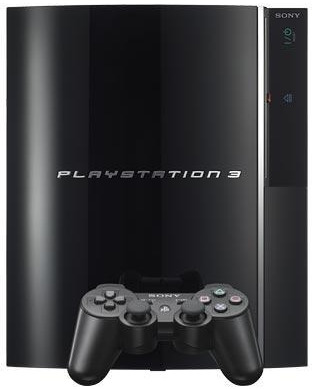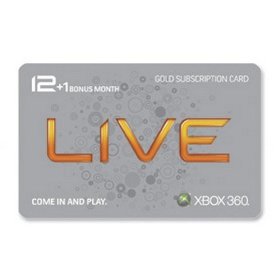 Namco is dipping its toes into Facebook gaming with two classic titles, Pac-Man and Dig Dug. Like virtually everyone, I enjoy Pac-Man, so I gave the app a spin.
Namco is dipping its toes into Facebook gaming with two classic titles, Pac-Man and Dig Dug. Like virtually everyone, I enjoy Pac-Man, so I gave the app a spin.
Sadly, this venture has hardly any redeeming value. After installing the “J2Play” application, which apparently enables Namco’s games and others, you still have to download the game itself. The executable is 13MB and the installed product is 34MB.
To sync the game with your Facebook profile (so everyone can witness your skills), you have to log in every time you start playing, even if you’ve already signed into Facebook in a browser. The Pac-Man game itself does not match the smoothness and graphic feel of the original, and you can only play for 10 minutes before you’re asked to cough up $10.
“Such an epic fail,” one commenter writes on the App’s page. “This is pretty much a textbook example of how not to deploy a game on Facebook,” writes another. Couldn’t have said it better myself.
Pac-Man is a quick-fix kind of game. It needs to fire up quickly or the whole purpose is lost. Furthermore, it’s not worth $10.
For good measure, here are some reasonable places to get your Pac-Man fix:
-At any of the various Web sites hosting free flash Pac-Man clones.
-At GameTap, where Internet Explorer 6 and 7 users can play online for free (registration to play through the GameTap client is temporarily closed).
-On Xbox Live Arcade, where $5 gets you the game, community high scores and the comfort of playing from your couch.
-At a real arcade, where you’re likely to get bored before your 40 quarters are gone.

 The story, linked in Harry’s
The story, linked in Harry’s  For over two years, the Wii was regarded as a family system, and in many ways, it still is, with Wii Sports, Wii Fit and Mario Kart commanding most of the revolutionary console’s popularity. But a sudden turn of events hint of changes on the horizon.
For over two years, the Wii was regarded as a family system, and in many ways, it still is, with Wii Sports, Wii Fit and Mario Kart commanding most of the revolutionary console’s popularity. But a sudden turn of events hint of changes on the horizon. We’re hours away from the midnight launch of Capcom’s latest blockbuster, Resident Evil 5, and there’s
We’re hours away from the midnight launch of Capcom’s latest blockbuster, Resident Evil 5, and there’s  One of the stories linked in today’s
One of the stories linked in today’s  There’s a lot of bile flying around over a British government ad campaign that takes a hearty crack at video games.
There’s a lot of bile flying around over a British government ad campaign that takes a hearty crack at video games. With video games, I’ve become accustomed to standardized prices. The exception is used games and dated titles, but most things cost the same no matter where you go. That hasn’t been the case lately with Xbox Live, Microsoft’s online gaming service.
With video games, I’ve become accustomed to standardized prices. The exception is used games and dated titles, but most things cost the same no matter where you go. That hasn’t been the case lately with Xbox Live, Microsoft’s online gaming service. Microsoft
Microsoft  When it comes to buying and selling used video games, Gamestop has failed to win me over. The store pays criminally low rates for used games, especially recent releases, and it’s all the more infuriating when you see that same game sold back again for more than double what you’re offered. A couple of weeks ago, the store quoted me roughly $25 to buy back Afro Samurai, which is currently sold used for $55.
When it comes to buying and selling used video games, Gamestop has failed to win me over. The store pays criminally low rates for used games, especially recent releases, and it’s all the more infuriating when you see that same game sold back again for more than double what you’re offered. A couple of weeks ago, the store quoted me roughly $25 to buy back Afro Samurai, which is currently sold used for $55.